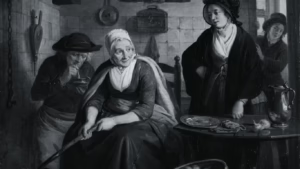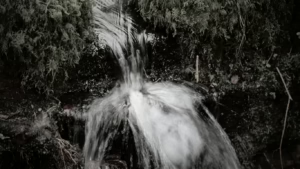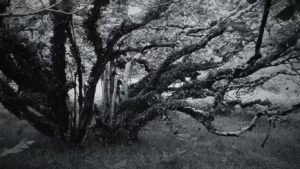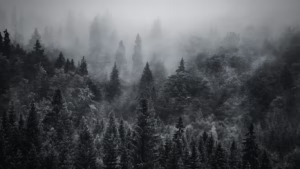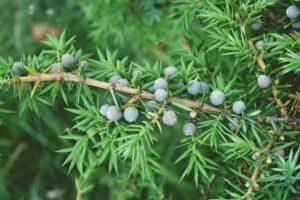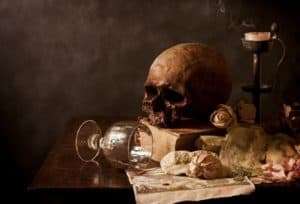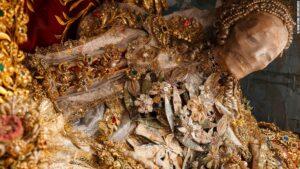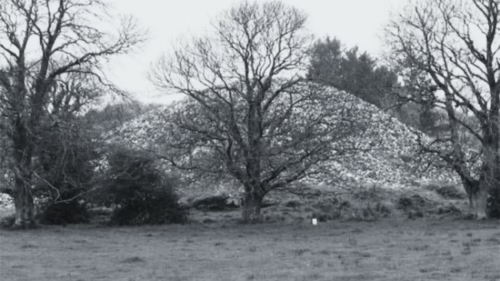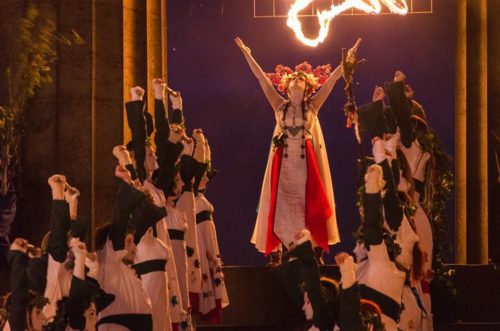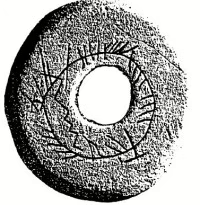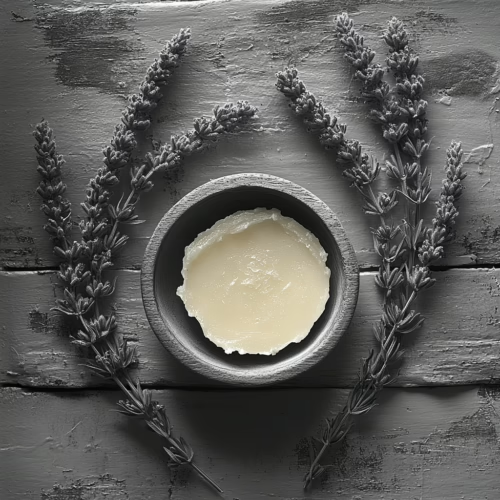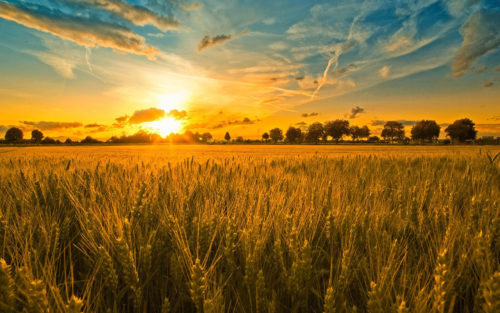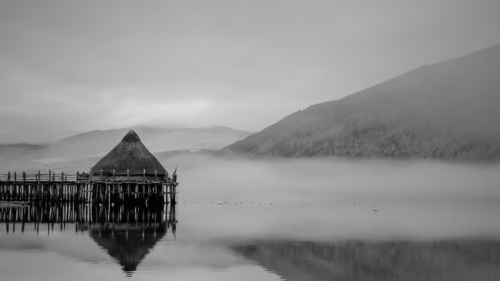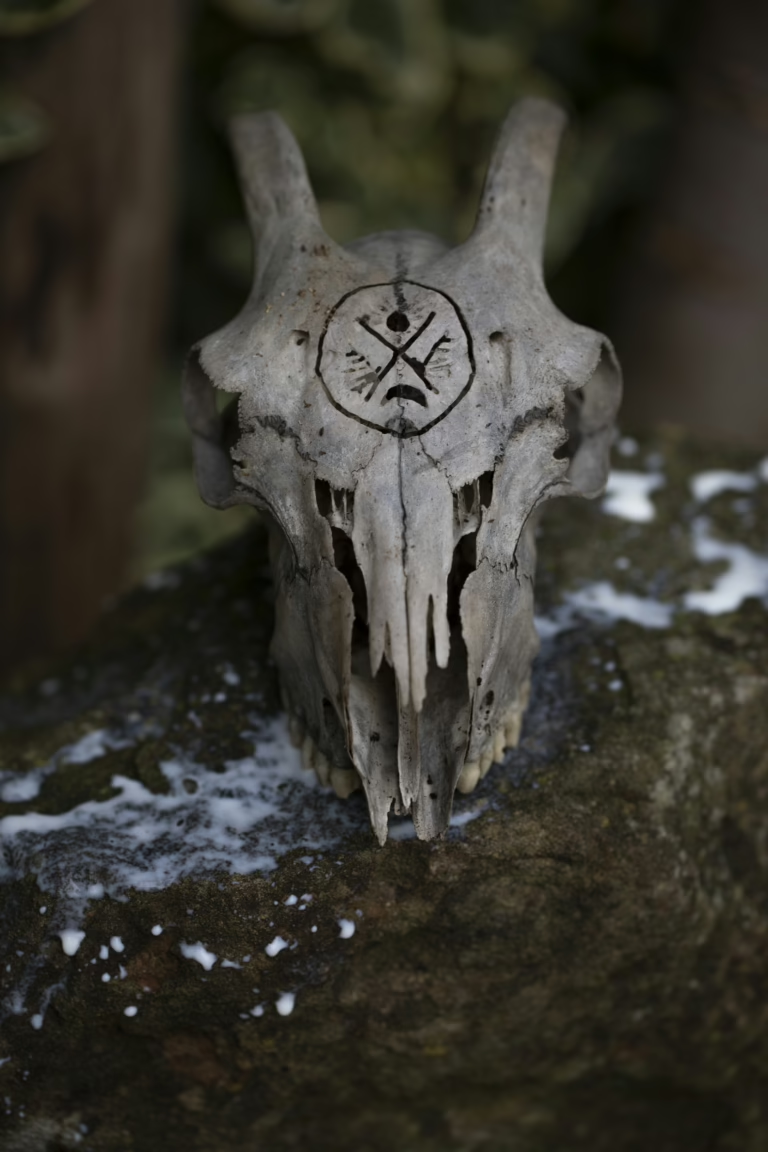


Exploring Scottish Folk Practices and Traditions
Recent work
Purchase Mill Dust and Dreaming Bread: exploring Scottish Folk Magic

Popular Now
Saining not Smudging- Purification, Blessing and Lustration in Scottish Folk Magic Practice
Saining is the Scottish Folk magic act of purification – a way…
Scottish folk magic and the dead (an introduction)
Dondering around the countryside, sauntering through glen, dirt track, woods and burns.…
The Ugly One With all the Jewels – A tale of Scottish Appropriation
I’ve been struggling with ideas of Scottish appropriation from our culture for…
Scottish Cultural Appropriation – Revisited
I have written a lot about my views on Scottish spirituality and…
Explore Scottish Folk Tradition
Airmed – herbal working ancestor – an inspiration
The Beltuinn Bannock, Bonnach Bealltainn.
Bealtainn, and May Day Renegades.
Spin the wheel and seal your fate – Spinning and weaving in folk magic practice
Island Spinning Song Hullamackadoo, hooravahee Hoorovahinda, hoorovahinda, Hullamackadoo, hooravahee, O dicko-o-deck-o-dandy When…
Folk practitioner tools vs. Witchcraft tools – A discussion on history
Dem bones, dem bones, dem dry bones – Herbal Bone balm ( for care of bone ornaments)
The Clever Apprentice (or the downfall of a pretentious man)
Samhradh Samhradh – Là Bealltainn – May Day
Lùnastal – the first sorrow (part 2)
This is the Second part of the Lunastal Post. (Part one can…
Worth Reading
Saining not Smudging- Purification, Blessing and Lustration in Scottish Folk Magic Practice
Scottish folk magic and the dead (an introduction)
The Ugly One With all the Jewels – A tale of Scottish Appropriation
Scottish Cultural Appropriation – Revisited
Plant Communication | Animism & Genius Loci | Terroir & Phenomenology.
I have recently been reflecting about a conference I spoke at a while ago. A few people were discussing a problem they felt they had in getting to know plants. What is plant communication, the delegates…
MORE FROM wild crafting CATEGORY
Flower Jam – Preserving the May (or any day)
Foraging in July in the Scottish Lothians
Foraging in May in Scottish Lothians
Foraging in April in the Scottish Lothians
Foraging in March in the Scottish Lothians
Foraging in February in the Scottish Lothians
wildcrafting
Radicalising the Ancestral Scottish Diet
The ancestral scottish diet is not all haggis, neeps and tatties! Scotland is…
Ancestors
Spin the wheel and seal your fate – Spinning and weaving in folk magic practice
Island Spinning Song Hullamackadoo, hooravahee Hoorovahinda, hoorovahinda, Hullamackadoo, hooravahee, O dicko-o-deck-o-dandy When…
The woven Land Network
The Sacred Circle of Home and Hearth
Our homes were round once – a sacred circle. Imagine. A home…
